Types of textile printing
13/05/2021 2021-05-13 6:17Types of textile printing
Types of textile printing include various textile processes that are aimed at applying colour or pattern on textiles. In textile printing the textile fibre is bonded with the colour of the print so that there is no loss of colour due to friction and abrasion. Printing differs from dyeing where dyeing is the process of colouring the entire fabric as such, while printing is based on selective colouration. Various types of tools are used for different types of textile printing. They differ from wooden block and stencils to roller and digital printing techniques. The various types of textile printing are as follows:
Block printing
A ‘block’ or a carved wooden block that is in the shape of the design or the desired pattern is used for block printing. In this type of textile printing, the block is dipped in the dye and it is stamped onto the desired part of the fabric in order to print the fabric.
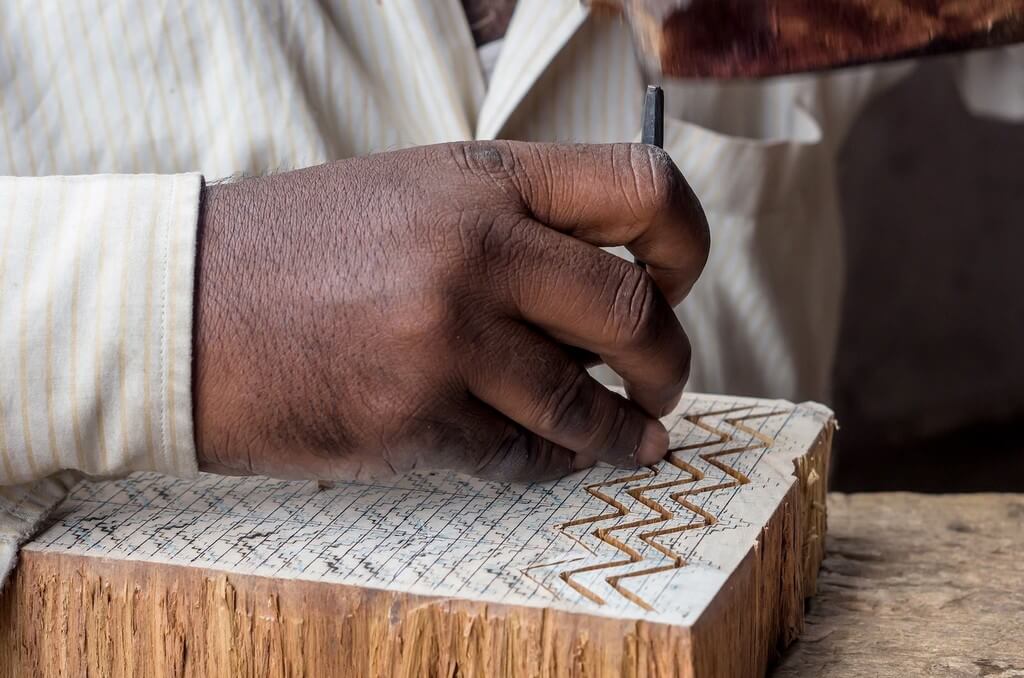
Screen printing
‘Screens’ which are a thin mesh that is framed on a wooden frame is used for screen printing.The screen contains the design or the desired pattern on the mesh, while the rest of the mesh is waterproof. In the process of dyeing, the dye paste is put on the screen from and spread across the mesh so that the dye transfers through the mesh onto the desired part of the fabric, printing it.
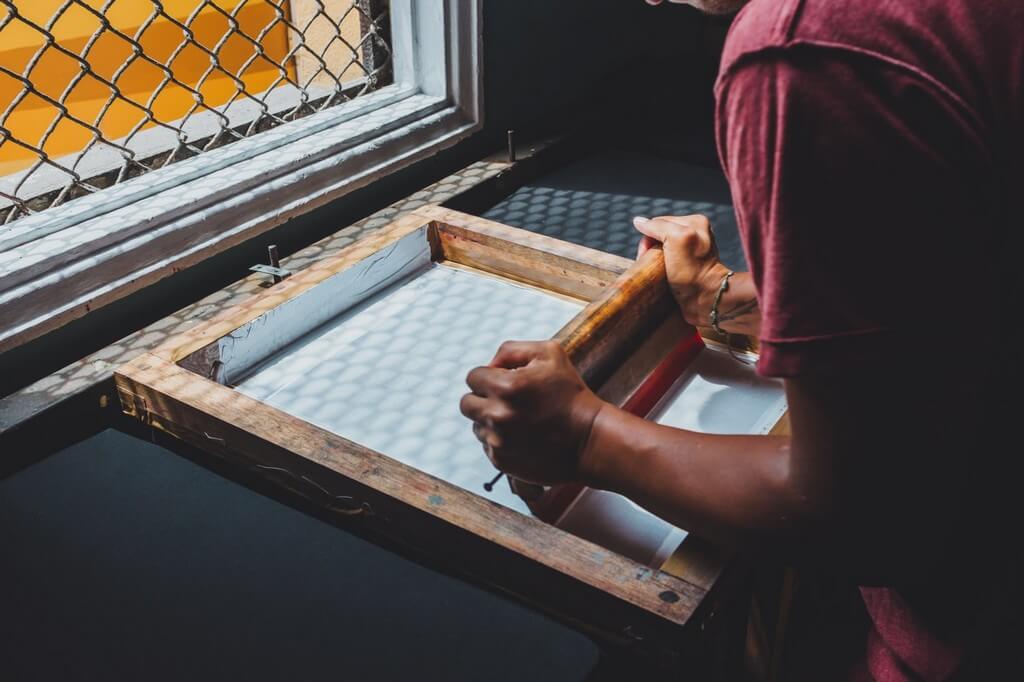
Transfer printing
In transfer printing, a transfer paper is used on which the design of the pattern is printed. This printed paper is then put on the fabric and a heat source such as an iron is used to ‘iron’ the paper so that the print gets transferred from the paper to the fabric.
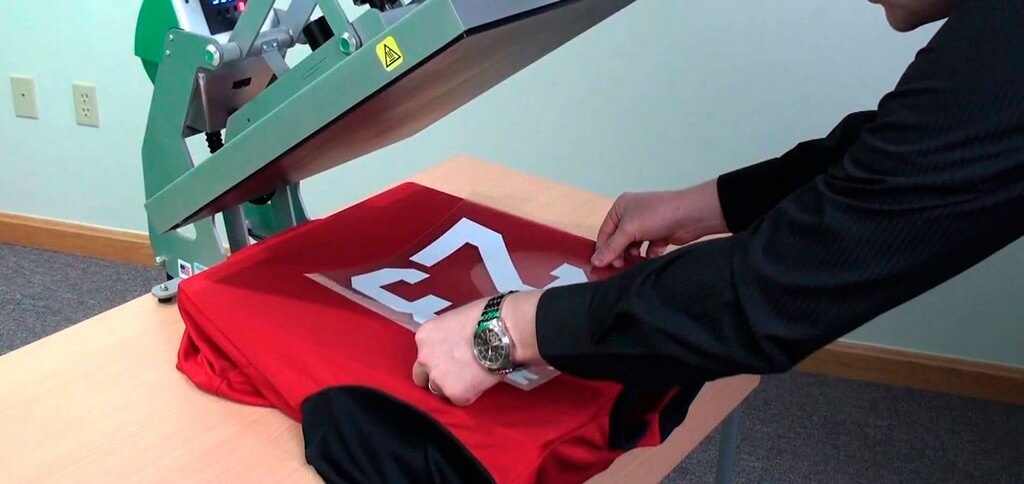
Roller printing
In this type of textile printing, rollers which are engraved with a design pattern are supplied with dye. Large sheets of fabric that need to be printed are passed through the rollers where it prints the design onto the sheets. Roller printing is usually done in processes that require the manufacture of fabric with the same design.
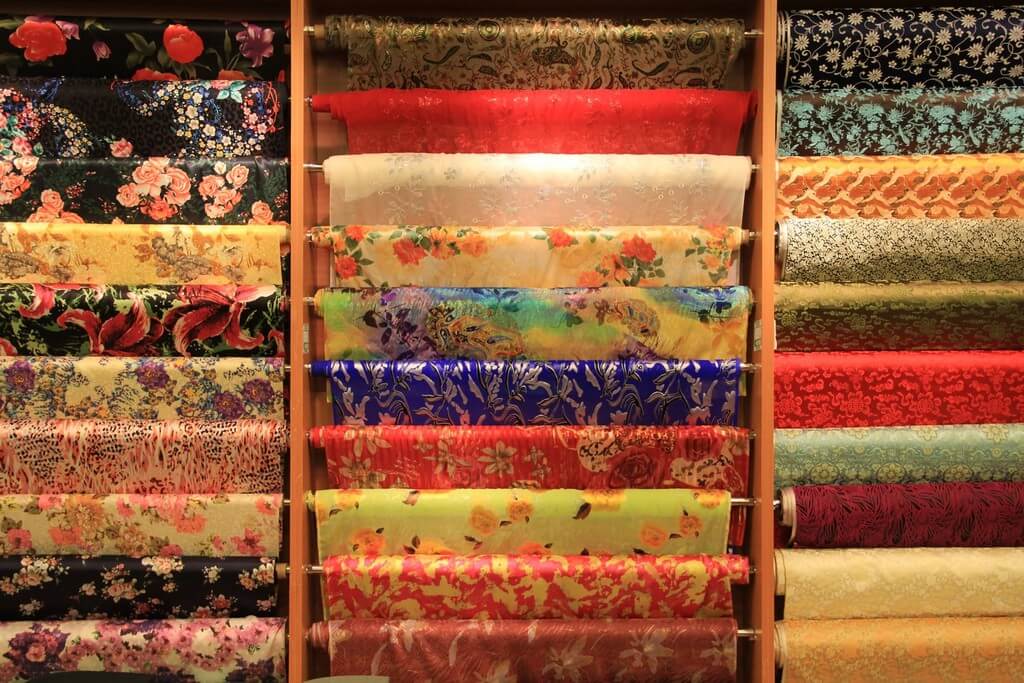
Digital printing
An equipment of the technological era, digital printing utilises a printer to which fabric is fed. The digital printer which works on the same principle as the paper printer uses the design information it is instructed to print in order to transfer the same onto the fabric. Digital printing can be done in many colours and patterns.
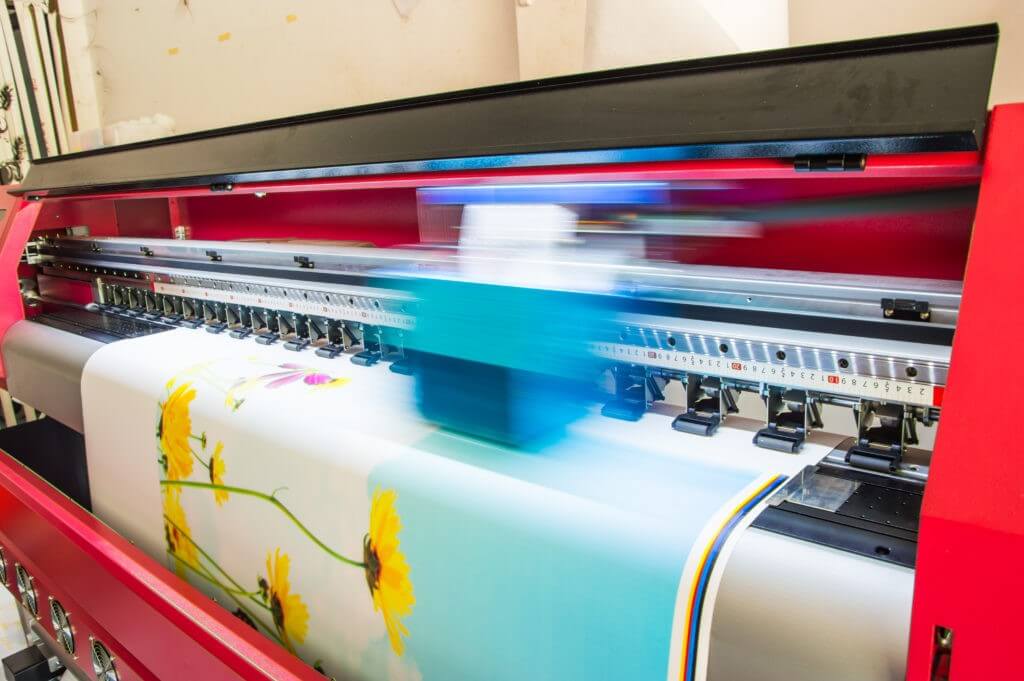
The types of textile printing that is used differs with the kind of textile printing that is desired as well as the scale of production. In the case of large-scale printing, printing tools such as transfer printing are not used as they cannot print a large surface area. Our M.Sc. in Fashion and Textile Design is a two-year course that covers all aspects of textile technique and the various types of textile printing.













